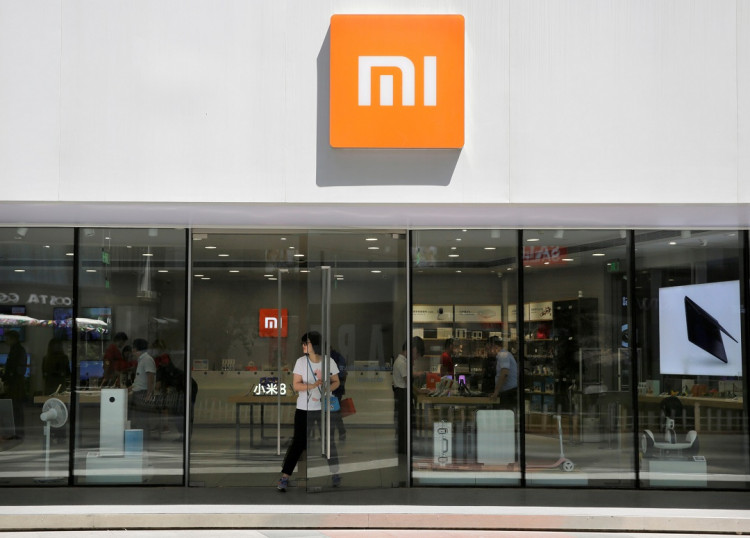Chinese smartphone manufacturer Xiaomi is bolstering its investment in chip designing with the recent acquisition of a stake in VeriSilicon Holdings. The firm is aiming to revamp its efforts to lead the semiconductor business, which it sees as a pivotal sector that will help drive innovation.
Xiaomi reportedly purchased a 6 percent stake in the Shanghai-based semiconductor firm, which specializes in research and development and chip design. VeriSilicon currently operates several research and development laboratories both in China and the United States.
The company typically acts as a contractor for major chip manufacturers, helping them design and manufacture components for various applications and projects.
According to a filing with the China Securities Regulatory Commission (CSRC), which was published online late last week, Xiaomi became VerSilicon's second-largest external shareholder after participating in the company's fundraising event. VeriSilicon's current largest shareholder is the China Integrated Circuit Industry Fund.
The fund, better known as "The Big Fund" in China, is a national-level initiative aimed at bolstering the country's domestic semiconductor industry. The exact amount paid by Xiaomi for the 6 percent stake was not disclosed in the filing.
The large investment in the chip designer comes at the heels of China's recent announcement that it identified the country's chip sector as one of its target sectors that it wants to be self-reliant. The government's effort to enhance the particular sector and make it less dependent on foreign entities is part of its "Made in China 2025" initiative.
Xiaomi is currently China's fastest growing smartphone manufacturers, climbing the ranks much faster than any other Chinese firm. The company initially released its first smartphone product in 2010 and has since increased its market share substantially over the years. The company is currently the fourth largest seller of smartphones worldwide based on its sales for the first quarter of this year.
Xiaomi first launched its semiconductor division in 2014 with plans to build its own system-on-a-chip product. The company then released its Surge S1 chip in 2017, which it implemented in its Xiaomi Mi 5 smartphone. Xiaomi has since split its chip division to focus on developing chips for advanced hardware such as internet of things (IoT) devices.
The company is seemingly following in the footsteps of its much larger rival Huawei, which currently operates its own chip-making division called HiSilicon. Huawei's Kirin processors are highly sought after in the smartphone market, competing against Qualcomm's products. Tech giants such as Alibaba are also now entering the industry, with huge plans for expansions. Alibaba recently purchased Chinese chip manufacturer C-Sky, which was followed by an announcement that it would be releasing its first artificial intelligence chip by the end of this year.






